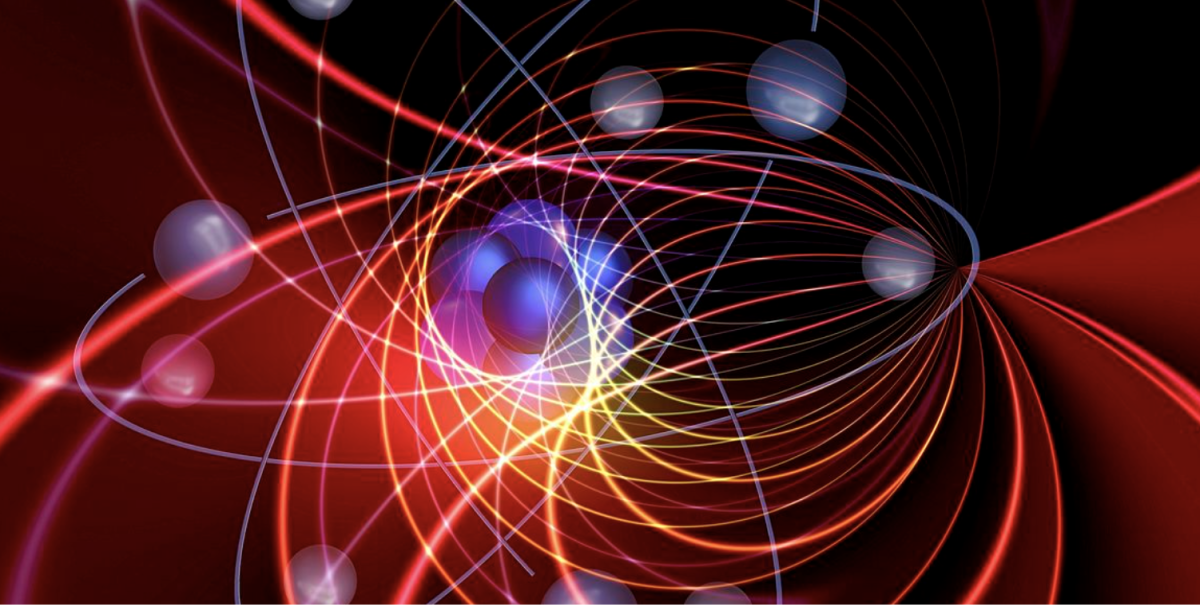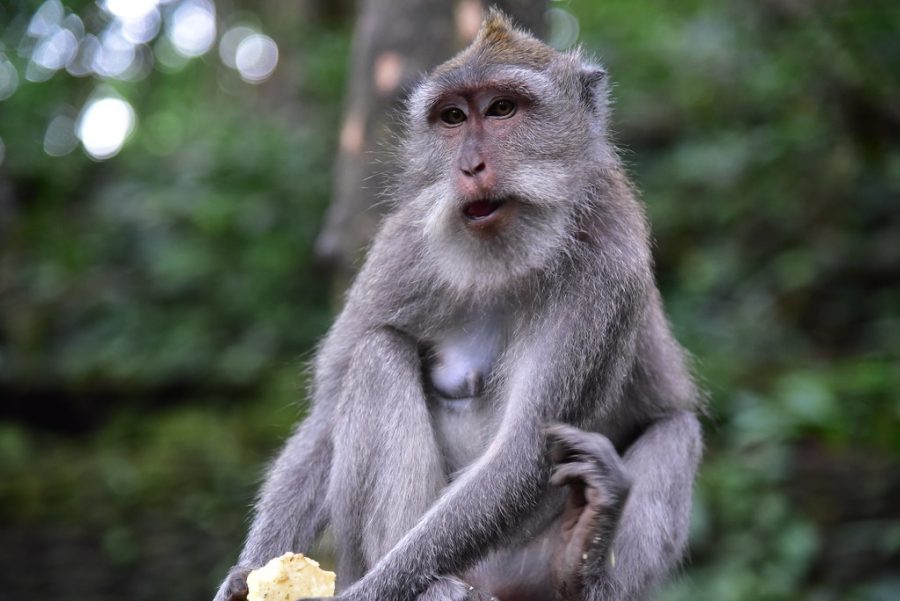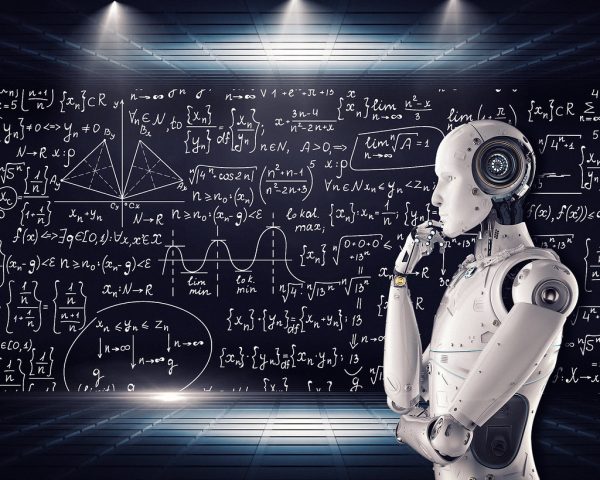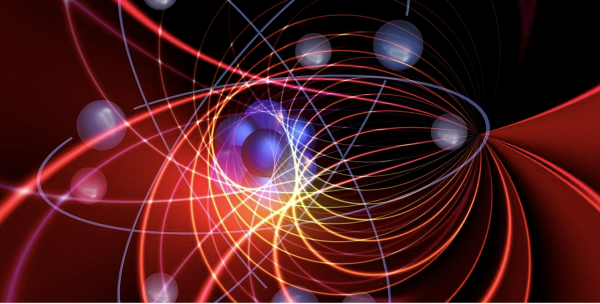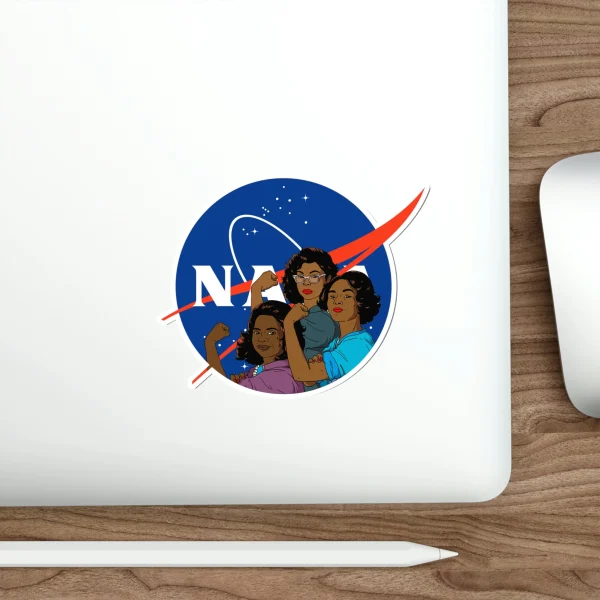The Future of Medicine… Or the End of Humanity?
Human Hybrids Pose a Moral and Ethical Dilemma for Science
September 28, 2021
Humans have long compared themselves to their distant relatives in the primate order. Brain size, DNA, and social life are all heavily researched topics in the scientific world. An opportunity, however, to answer many questions that humans have about the similarity of these features has appeared, as well as a possibility to completely revolutionize the world of medicine. A team of researchers led by Juan Carlos Izpisua Belmonte, biologist at the Salk Institute for Biological Studies in La Jolla, California, has created the first human-monkey embryos.
Animal-human hybrids, “chimeras”, have been studied for years. In 2014, researchers injected human brain cells into mice. In 2017, scientists grew both cow and pig embryos with human cells. In the recent monkey experiment, scientists injected human stem cells, marked with a fluorescent red protein, into embryos of 132 cynomolgus monkeys. The day after the injection, the monkey embryos began to glow, indicating that the human cells had merged with the monkey embryos, far more quickly and effectively than the other species. After nineteen days, all of the embryos died, slightly longer than the lifespans of the other hybrids. Project scientists considered this a success. However, there is a large risk associated with how the embryos might develop. Currently, there is no way to control how and where the human stem cells spread, so the animals’ brains might be altered instead of the organs, which the researchers hope to use to grow human organs for transplants.
The study raises several ethical questions relating to the treatment of animals in experiments and the possible use of these hybrids. If the human-monkey hybrid had fully developed, what species would it be? To what biological family would it belong? Would it be morally right to experiment on and kill it to harvest its organs, even if it were to save a human life? How would the stem cells impact the hybrid animal’s attributes and abilities? According to researchers at the University of Rochester, when they created human-mice embryos in 2014, the human cells had taken over the brains of the mice, which caused the mice to become smarter. How would this impact the intelligence of monkeys, with whom humans share over 90% of DNA?
These questions have caused seven countries to ban the experimentation of human-animal hybrids and prompt the US National Institutes of Health to refuse funding experiments that involve the injection of human stem cells into animal embryos. Situations like these that have occurred in the past are now resurfacing. Once those hybrids are able to fully develop and mature, people will need to decide whether the risks are worth the huge innovations in the medical industry that this advancement could provide.



















